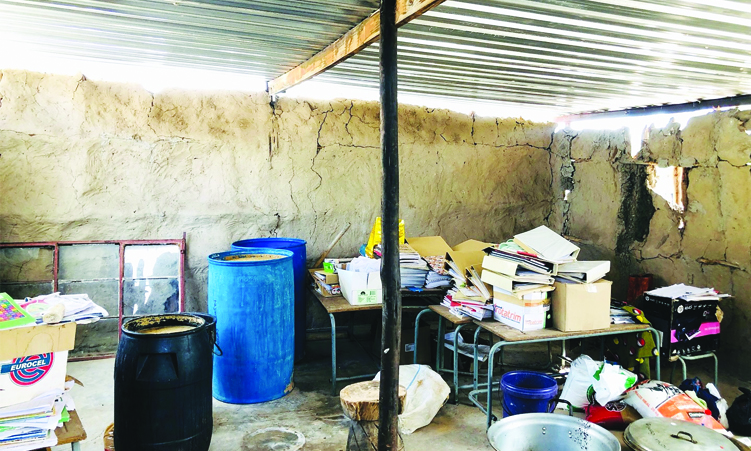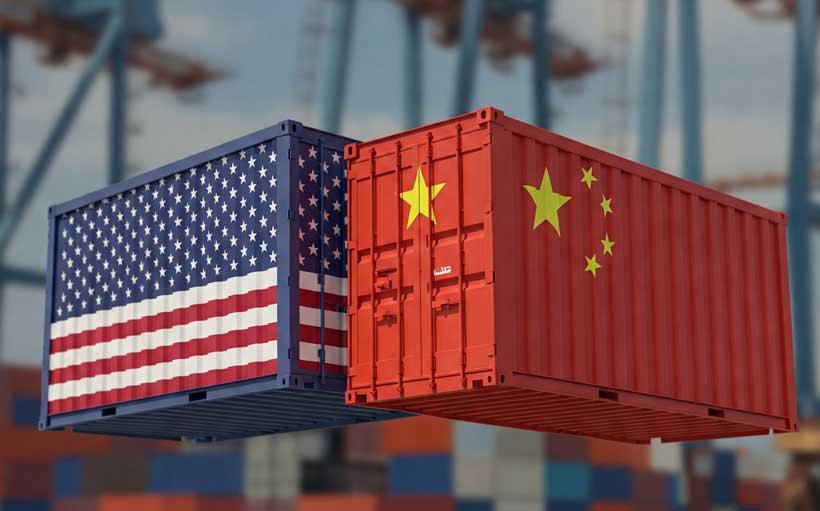Nueva Pescanova, a seafood company, has been breeding octopuses in captivity for years with the intent of applying for a permit to farm them in the Canary Islands.
In 2019, the company said it had found a way to breed the animals at large scale for commercial purposes. No company had figured out a way to do this before then.
Octopus sold as food is usually either caught in the wild or bred at small octopus farms in the middle of the ocean – but those farms are a fraction of the size of Nueva Pescanova’s proposed farm.
The company says it is responding to growing demand in Japan and the United States (US).
But octopus experts have criticised Nueva Pescanova’s plans because of the way it says it would kill the animals.
Octopuses were declared sentient and capable of feeling pain in a large study published in 2021.
KILLING METHOD
DW has seen the plans, which were leaked and shared by someone close to the matter in Spain.
Nueva Pescanova did not respond to telephonic requests for comment in time for the publication of this article.
The records indicate the company plans to breed around one million octopuses per year, producing around 3 000 tonnes of octopus meat.
The octopuses would be slaughtered using a method called ice slurry slaughter.
This involves submerging the animals in 500-litre plastic containers of icy water where they would develop hypothermia and eventually freeze to death.
Keri Tietge, an octopus expert at Eurogroup for Animals, an animal rights campaign group based in Brussels, says ice slurry slaughter results in a “really prolonged and painful death for the octopuses.”
The European Union’s Food Safety Authority advises against the use of this method for several fish species already, and is in the process of drafting legislation to end its use on sea bass and seabream as well.
Zoe Doubleday, a University of South Australia marine ecologist, said “there are humane ways to euthanise or kill an octopus, but placing them directly into ice slurry is not best practice”.
She says the octopuses could be anaesthetised via immersion in seawater mixed with a small amount of magnesium salts or around 3% ethanol before they are killed.
BREEDING METHOD
According to the leaked documents, Nueva Pescanova plans to breed octopuses in tightly packed areas – around 10 to 15 octopuses per cubic metre – where they will be exposed to 24 hours of light when they are in periods of reproduction.
Doubleday says these conditions are “inhumane and stressful, particularly as they are generally nocturnal animals and do not like bright artificial lights”.
“All species are different, but octopuses generally need ‘dens’ in their tanks (like pipes or pots),” says Doubleday.
A farm of the nature suggested by Nueva Pescanova represents a controlled environment, says Doubleday, which would make it easier to kill the animals humanely.
“If we are going to do something new like octopus farming, we should get the animal welfare part right,” she says.
MOVING FORWARD
If the permit is approved by Canary Island officials, Nueva Pescanova will be able to move forward with the construction of its proposed octopus farm.
Tietge says this decision could be made “any day”.
“They put in the applications over a year ago now,” she says.
“So they’re planning to move on this very quickly. And since they already have the animals in their laboratory, in theory, they could start selling them quite quickly once they have the farm built.” – DW
Stay informed with The Namibian – your source for credible journalism. Get in-depth reporting and opinions for
only N$85 a month. Invest in journalism, invest in democracy –
Subscribe Now!










